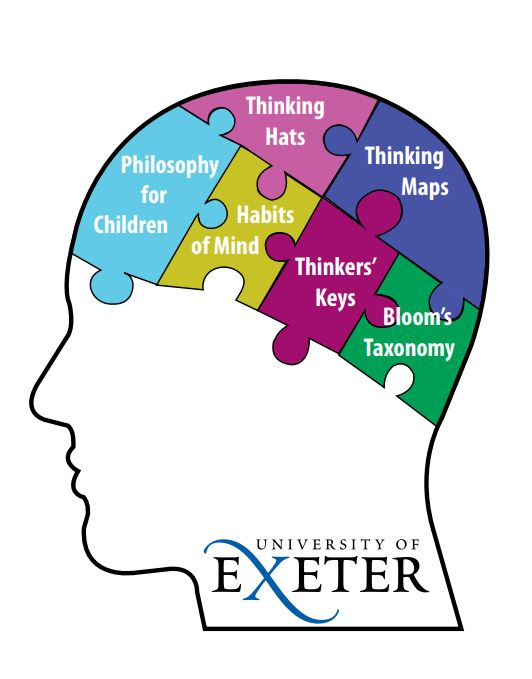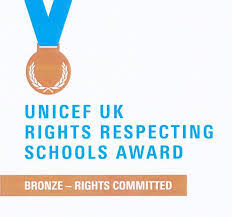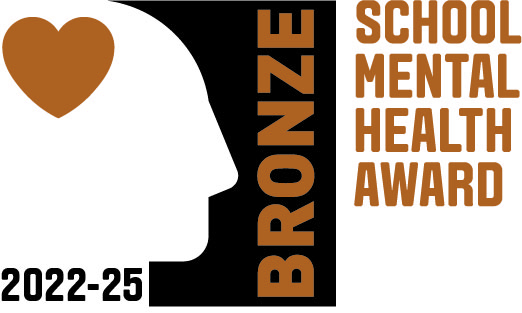Levels of Behaviour and Consequences

At Hillcross, we follow a behaviour framework which links different behaviours to Level 2 and 3 consequences, so children are aware of specific outcomes. This is to ensure that children and adults develop a shared understanding of behaviour and the appropriate consequences for these, which aids consistency. Consequences for poor behaviour are fair, age appropriate and measured. They do not work in isolation and must be balanced with positive support and a clear understanding of why these behaviours are deemed inappropriate, unkind, unsafe or unwanted. This restorative approach supports children with their emotional and social development, and equips children and young people with problem solving skills as well as the ability to manage conflict when it occurs.
Consequences must be appropriate for the individual, and wherever necessary, personalised to take into account any individual needs. The children involved in more serious incidents of misbehaviour (usually those resulting in a Level 3 consequence) are sometimes asked to complete a 'Reflection Form' (with adult support if necessary) as a way of reflecting on their behaviour, but generally a discussion with a senior leader is had to consider the impact their actions have had on others and to consider more appropriate behaviour choices. A blue behaviour form should be completed by the member of staff who observed the incident or to whom it was reported, and this will then be recorded internally, so the behaviour lead can monitor behaviour each half-term.
Consequences must never be physically or psychologically harmful, and should form part of a restorative approach (an approach which helps to build and maintain positive, healthy relationships, resolve difficulties and repair harm where there has been conflict). It is important to try to restore good relations as soon as possible. Children are supported in this process should they need to be, and the reparation process will be modelled by adults where necessary.
Each child will make a fresh start each day unless the behaviour/s have been persistent or extreme.
-
In most instances, incidents involving misbehaviour will be investigated and dealt with during the children’s own time (such as playtime and lunchtime) in order to minimise disruption to learning, unless there is a serious safeguarding concern or incident which needs immediate attention.
-
More extreme behaviours such as verbal abuse, physical violence, bullying, racism and/or inappropriate comments to peers or adults, may mean that a child moves straight to a Level 3 consequence. This usually results in a member of the Senior Leadership Team (SLT) becoming involved and generally means parents will be contacted. Incidents are fully investigated, and all parties have a voice.
-
If there is a very serious incident, including any kind of racism, sexualised behaviour or homophobia (regardless of whether the incident was intentional or not) an Assistant Headteacher/ Phase Leader or the Headteacher will be involved as we have a zero tolerance approach to such behaviours.








